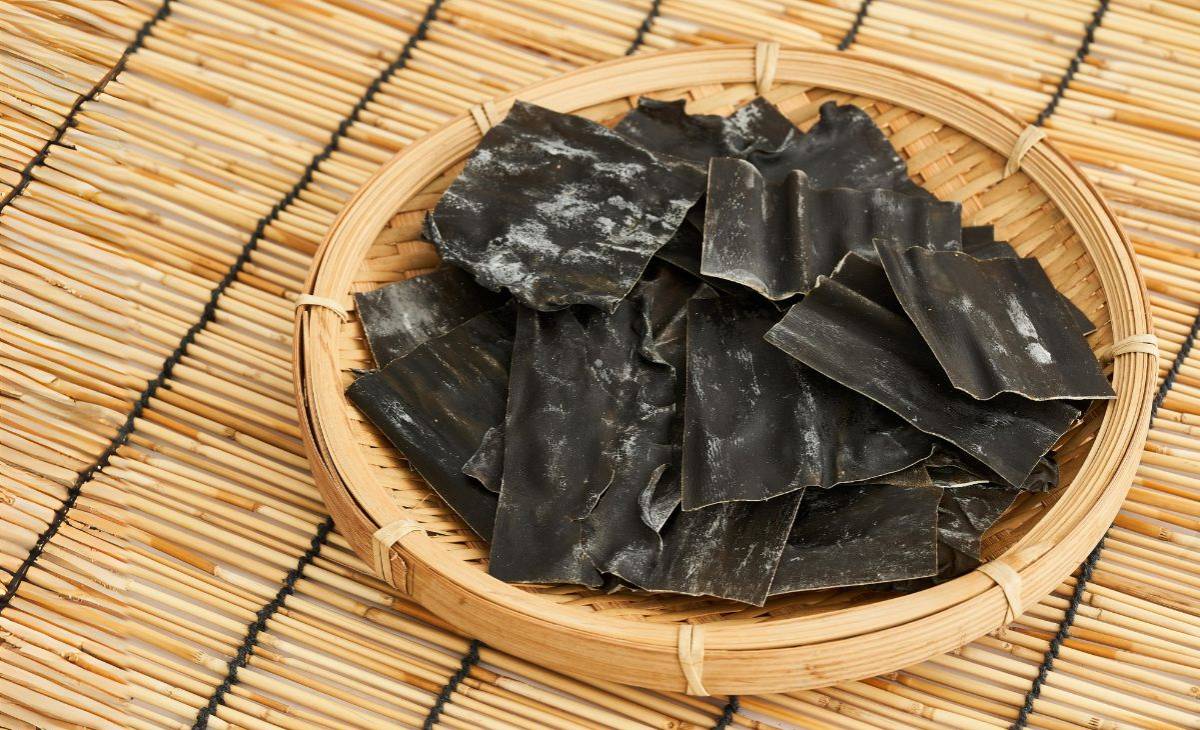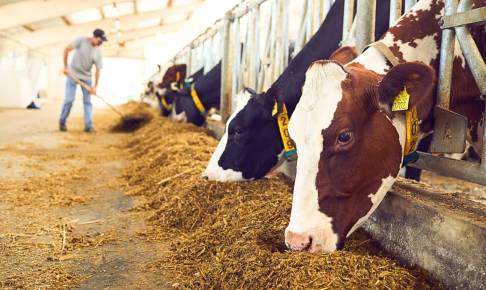EU grants novel food status to over 20 algae species
In a groundbreaking move, the European Commission has announced that more than 20 algae species have been granted EU Novel Food Status. As a result, these species can now be sold as food or food supplements in the European market without the need for pre-market authorization. This development is set to revolutionize the algae industry, saving it substantial time and money while promoting innovation and sustainability in the food sector.
The expansion of the Novel Food Status Catalogue is a game-changer for the algae industry. This update not only eliminates a significant bottleneck in the sector but also streamlines the authorization process for algae products, resulting in estimated cost savings of at least €10 million for the industry within the EU. It paves the way for faster market entry and opens up new opportunities for producers.
Previously, only a limited number of algae species were considered non-novel foods or non-novel food supplements in the EU. With over 60 entries now included in the catalogue, encompassing various microalgae and seaweed-derived products, like extracts and oils, the industry is poised for significant growth.
This decision aligns with the EU's commitment to sustainability and innovation in the food sector. The European Union is one of the biggest importers of seaweed products globally, and the demand is projected to reach €9 billion by 2030. By embracing the potential of algae, the EU aims to tap into this booming market and foster a robust, sustainable, and regenerative algae sector.
The EU's support for the algae sector dates back to November 2022 when the European Commission adopted the communication "Towards a strong and sustainable EU algae sector." This initiative laid the foundation for unlocking the potential of algae in the European Union and proposed 23 actions to foster its growth and meet the increasing demand.
With the EU leading the way in recognizing the value of algae as a sustainable food source, other regions and countries may follow suit, further propelling the global algae industry forward.
Source:






















